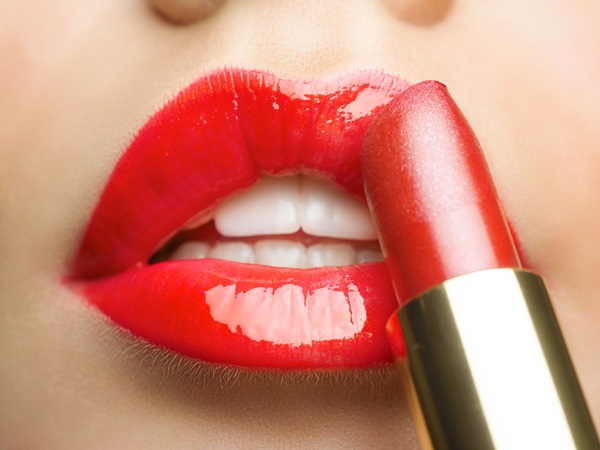Buyer beware…

A UK police crackdown has uncovered shocking ingredients hidden in counterfeit cosmetics including human urine, arsenic, cyanide and bird feces.
But it’s not just the UK market being put at risk by dangerous black market beauty products. In 2006, Australian authorities intercepted $2 million worth of fake perfumes, and in December 2013, Target paid a $1 million settlement to Estee Lauder over its sale of allegedly fake M.A.C cosmetics before stripping shelves of the product.
Fake cosmetics have become big business across the globe, with the sale of counterfeit beauty products now at $600 billion annually on a global scale, and an estimated one in 10 online shoppers receiving counterfeit products.
…laboratory tests found toxic levels of poisonous chemicals including cyanide arsenic, mercury and lead in fake cosmetics
In the UK investigation, laboratory tests found toxic levels of poisonous chemicals including cyanide, arsenic, mercury and lead in fake cosmetics such as eyeliner, mascara, lip gloss and foundation. Additionally, tests showed some counterfeit perfumes contained traces of human urine and bird feces.
Among the risks involved in using these products include allergic reactions, skin rashes, nausea, headaches and even poisoning.
“Many people don’t know about the real dangers counterfeit beauty products pose to their health. Criminals are exploiting every opportunity to fool customers into buying counterfeits in order for them to make some quick cash – putting peoples’ health, homes and lives at risk,” Det Supt Maria Woodall, who oversees the Police Intellectual Property Crime Unit at City of London Police told The Guardian.
…up to 80 per cent of the profits from the counterfeit beauty industry are invested in organised crime and terrorism
Equally as disturbing as the health risks, The World Customs Organisation estimates up to 80 per cent of the profits from the counterfeit beauty industry are invested in organised crime and terrorism. Slave wages and dangerous working conditions are also often part of the parcel of the underground organisations ripping off big brands like M.A.C and Chanel.

So what can you do to protect yourself, and your clients from getting a raw deal? Consumer body CHOICE recommends taking the following precautionary steps to avoid being duped.
Ask questions
Don’t be afraid to ask the seller questions about the product before purchasing. Where possible, ask for extra non-generic images of the product to check it’s the real deal.
Investigate
Check that the company’s name’s registered in Australia on the Australian Securities and Investment Commission’s business register before buying from them.
Buy refundable products
Only purchase from sites with a refund policy that will allow you to send your purchase back if it arrives looking dodgy.
Use Paypal
Paypal typically provides protection for transactions up to $20,000 if an item doesn’t match the seller’s description.
Know your rights
Under Australian Consumer Law goods you buy have to match the description provided by the trader, and they can’t make any false or misleading representations about the goods.
And if you still end up with suspicious looking products, you can make a complaint on econsumer.gov, the international reporting site for online scams, or report it to the police at crimestoppers.com.au.
Have your say: Have you ever been duped into buying counterfeit cosmetics?

